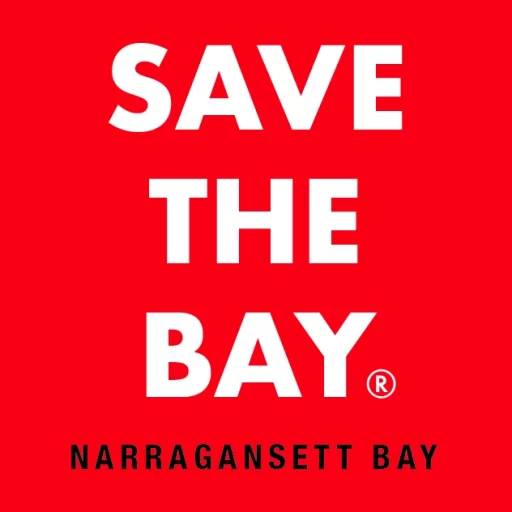Save The Bay responds to R.I. Superior Court decision on CRMC vs. Champlin’s Marina
Save The Bay is baffled and dismayed by the Rhode Island Superior Court’s decision to rule that the memorandum of understanding (MOU) between CRMC and Champlin’s Marina was “conducted and created with propriety” and “sufficiently conclusive.“
We are concerned that the decision not only ignores the principles of a fair process set forth by law, but also opens the door to a new process—one in which state agencies and applicants can completely cut the public out of a review process for a decision that impacts our public resources.
We conclude that this decision fails to uphold transparency and due process in agency decision-making and does not protect the interests of Narragansett Bay, the people of Rhode Island, or the CRMC itself. Our conclusion is based on the following:
- The decision allowing a settlement between an agency and an applicant without the participation of all parties or public participation violates the Administrative Procedures Act (APA), as well as CRMC’s own regulations. It also eliminates the fairness and transparency that is required by law in order to protect the public interest. If allowed to stand, the public will be precluded from exercising their rights to challenge agency decisions, including those that fail to protect our coastal resources.
- The decision fails to protect our coastal resources. There are no findings of fact or conclusions of law to support, or even understand, the deal reached in the MOU when it comes to the critical issues raised by CRMC in its earlier decisions regarding the Champlin’s expansion. These issues included impacts on shellfish and finfish, wildlife, water quality, public use and enjoyment of public trust resources.
- The notice given of an executive session to discuss an MOU (during the week between Christmas and the New Year) did not provide the parties with details of the settlement. Since the expansion proposal was discussed in a closed executive session, neither the parties nor the public were given an opportunity to review, present evidence, or question the basis for granting an approval.
- The CRMC regulations grant intervenors full party status. The decision seems to suggest that parties are required to participate in mediation, even if the mediation is not mandated by the court—however, mediation, unless ordered by the court, is voluntary.
- The (intervenor) parties that had notice of the mediation were assured it would not proceed without them. Even if all (intervenor) parties knew of the mediation, they had no reason to believe that, if they chose not to participate, the mediation would continue and a binding decision could be reached without them. They litigated this case for almost 20 years and won every decision. There was no reason for them to compromise and allow expansion. Some of the (intervenor) parties were not even aware of the mediation. This is a flagrant misuse of the power of an outside mediator and a violation of the APA.
- Of course, all parties to the case could have reached an agreement on a new application through mediation or outside the mediation process. The applicant can submit a revised application, but that application should always go through the administrative process as required by law. The administrative process is a public process that requires notice, puts the burden on the applicant to show it meets the regulations, provides staff recommendations, provides the opportunity for interested parties to provide and question evidence and the public to provide input.
We are hopeful that the Supreme Court will reject the Superior Court decision, determine that the MOU process was neither valid nor conclusive, and clarify that it does not constitute a final agency decision.
Previous Save The Bay comments on this issue include:

